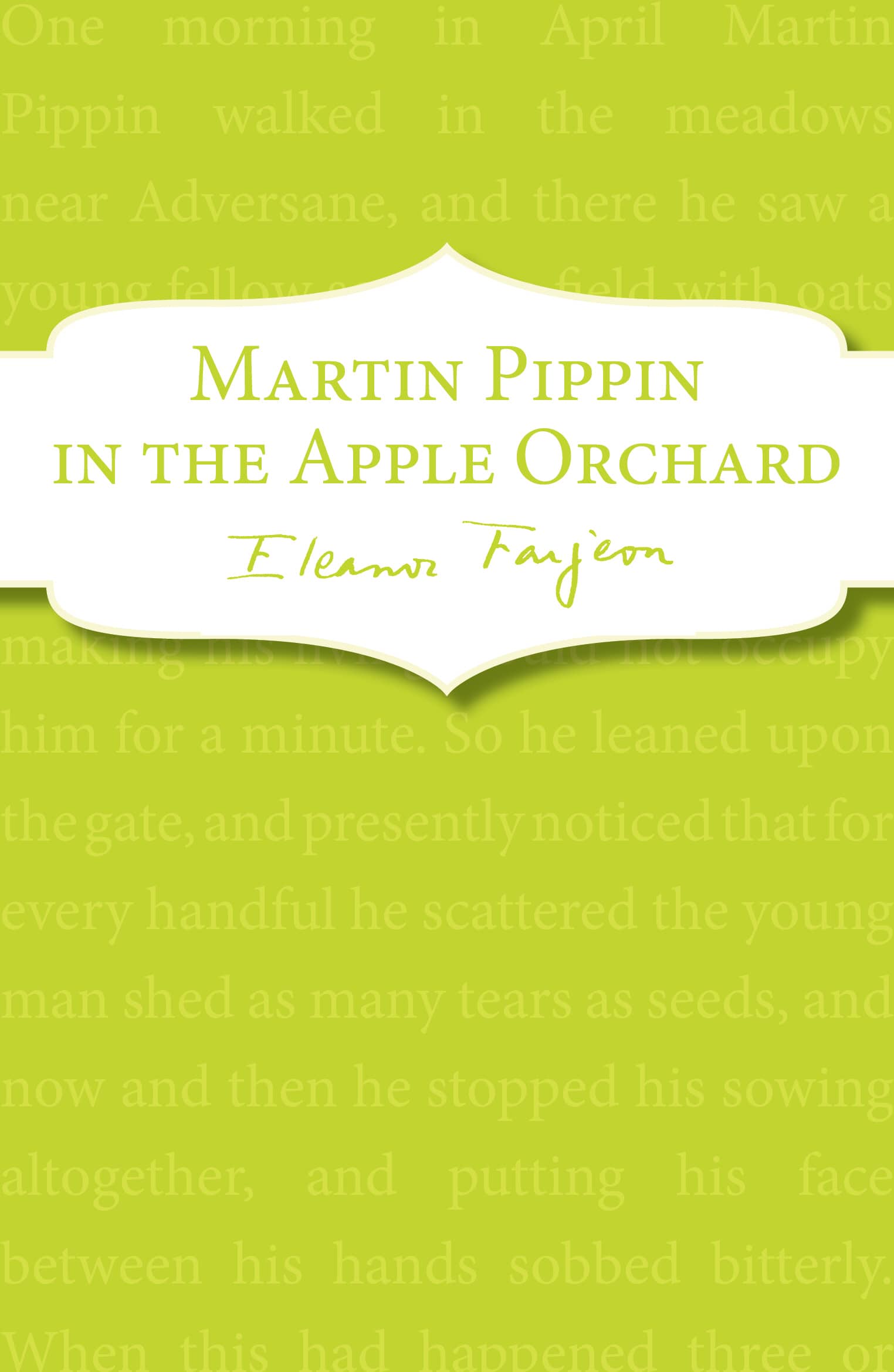Martin Pippin in the Apple Orchard
| by |
|---|
11.99 JOD
Please allow 2 – 5 weeks for delivery of this item
Description
Wandering minstrel, Martin Pippin, encounters a lovelorn ploughman who begs him to release his beloved by entertaining the six young women sworn to guard her. This Martin Pippin does – telling beautiful tales of heartbreak, betrayal and everlasting love. But will the imprisoned Gillian ever be freed?This delightful collection will be loved by adults and children alike – a perfect introduction to sophisticated fairy tales.’She is one of the few who can conceive and tell a fairytale . . . Before I had read five pages of Martin Pippin, I had forgotten who I was and where I lived. I was transported into a world of sunlight, of gay inconsequence, of emotional surprise, a world of poetry, delight and humour. And I lived and took my joy in that rare world, until all too soon my reading was done.’From J. D. Beresford’s Foreword to the first American edition of 1922.
Additional information
| Weight | 0.331 kg |
|---|---|
| Dimensions | 2.9 × 12.9 × 19.8 cm |
| by | |
| Format | Paperback |
| Language | |
| Pages | 475 |
| publisher | |
| Year Published | 2013-10-30 |
| Imprint | |
| For Ages | 9-11 |
| Publication City/Country | London, United Kingdom |
| ISBN 10 | 184941937X |
| About The Author | Eleanor Farjeon (1881-1965) was a British author of children's stories and plays, poetry, biography, history and satire. She lived much of her life among the literary and theatrical circles of London, and her friends included D H Lawrence, Walter de la Mare and Robert Frost. She won many literary awards and the prestigious Eleanor Farjeon Award for children's literature is presented annually in her memory by the Children's Book Circle. |
| Review Quote | 'She is one of the few who can conceive and tell a fairytale . . . Before I had read five pages of Martin Pippin, I had forgotten who I was and where I lived. I was transported into a world of sunlight, of gay inconsequence, of emotional surprise, a world of poetry, delight and humour. And I lived and took my joy in that rare world, until all too soon my reading was done.'From J. D. Beresford's Foreword to the first American edition of 1922. |
Related products
-
Low stock
55.00 JOD -
On backorder 2-5 Weeks to Arrive
16.00 JOD -
On backorder 2-5 Weeks to Arrive
36.99 JOD -
On backorder 2-5 Weeks to Arrive
100.00 JOD





